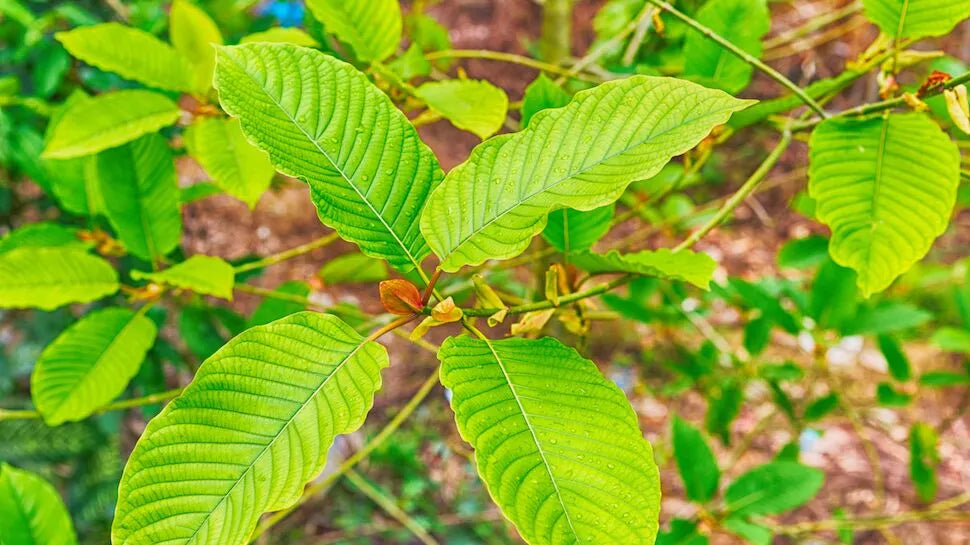
Is Kratom an Opioid?
❤️🩹 If you're struggling to quit kratom you may be wondering why it's so addictive and what the science is behind the addiction. The answer is actually how kratom affects your brain. Crazy enough, kratom has been marketed as a treatment to ease withdrawal symptoms from opioids. But, because it works on the same brain receptors as opioids do, kratom can cause addiction and withdrawal symptoms that are very similar...even though it's not an actual opioid.
💉Let me explain this breakdown; kratom contains two psychoactive compounds, mitragynine and 7-OH-mitragynine. Both compounds bind to the same mu-opioid receptors in your brain that opioid drugs like oxycodone and fentanyl do.
🧠 Mu-opioid receptors are proteins in the brain that regulate pain and mood. They’re responsible for the pain relief and the feelings of euphoria you get when using opioids.
📈When you take kratom in higher doses, it can start to feel more sedating and pain-relieving, much like opioids. Because kratom works on these same receptors, it can lead to tolerance (meaning you need more to get the same effects) and dependence (where your body becomes used to it over time), especially if you’re using it regularly for an extended period.
How QuitK can help you to quit kratom?
💊 QuitK is specifically designed to support the brain and body as it recalibrates after kratom use (or opioid use). By targeting brain receptors to increase production of serotonin and dopamine in a natural, holistic way, it helps to reduce cravings, ease stress, and promote better mood and sleep-without the harsh side effects or dependency. Over time, it can help restore normal brain function and reduce the need for substances like kratom. 💊
💌 Like always feel free to reach out to us at any point in time, we love hearing from you! 💌
💜 We wish you all the best, 💜
The QuitK Team


1 comment
Hi! So i have struggled with addiction for many years.. to different substances..and have gone from being clean to not a few different times. But opioids are and always have been my favorite. Is QuitK something that I could consider taking to help me and my significant other get off of the opioids?? We’ve tried everything else! Help!
Thank youuuuu ❤️